Does today’s television have anything to do with Greek reality? After all, are programs now made for us or are they created just to fill television time?
“Life is worse than television, because you can’t change the channel,” according to the French literary critic Frederic Begbende, and the American inventor Richard Buckminster Fuller said that “television is the third parent,” wanting to show how firmly “TV” has entered our lives and has even become “nanny for children”
But the truth is that the boundaries between the intentions of the media towards the viewers are not clearly visible, since it is very difficult to distinguish whether television is now making programs to keep the television audience company and inform, or whether it is creating programs to “guide/inspire” this or that for some purpose (not obvious to the viewer).
We have seen many times how issues that have a serious impact on society are broadcast on TV all day long, presenting them from one angle or another.
So, this is the big question: to what extent does Greek television want or have the opportunity now to listen to the big problems of a society that has long been looking for links to other media that may seem closer to him, such as online news and social networks in particular.
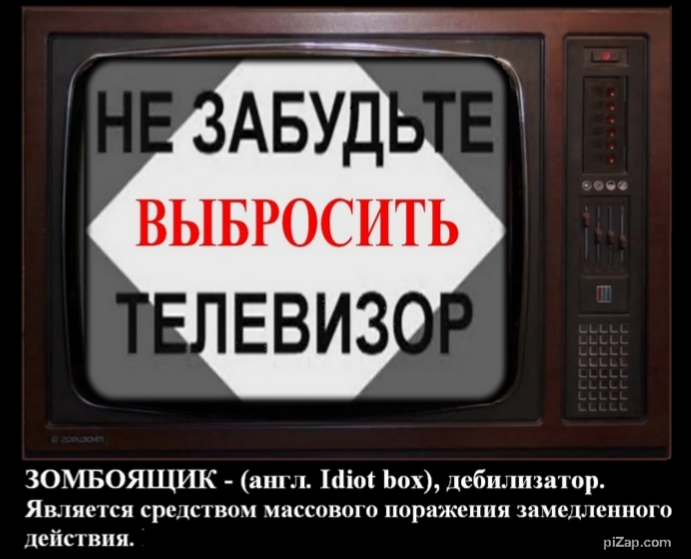
Today, on World Television Day, we are wondering whether this television is now being created for us, or whether it is created to simply “fill time” and show advertising.
According to experts, Greek television in recent years has turned into a melting pot, in which statements, interviews, people and events (sometimes even minor) are “mixed”, which fill screen time and sometimes have nothing to do with reality (at least with life of the average Greek resident).
It is no coincidence that TV ratings in recent years have nothing in common with TV ratings ten years ago, and this shows that part of the public has turned away from television, ignoring the shows of Eleni Menegaki, Katerina Kainuriu and Faia Skordas and others.
Of course, there is an audience who will be watching the “event” unfold in front of them on television at this time, but this is not a spectacle that will offer anything useful to their minds, but will only help pass the time.
Unfortunately Greek television, which now covers most of its television time shows that are practically copies of each other and create a stream that looks as if all these entertainment programs were created by the same person for the purpose of his own profit.

The same applies to news programs.
Recent examples include last summer with fires that burned large areas outside of Athens, or floods that affected areas although they did not have the same coverage as areas of Attica. Perhaps due to the trick, their actual sizes (scale of the event) have been ignored or, in some cases, disaster reduction efforts have been made.
However, at least several times over the past four years, we have seen the attention of citizens is fixed on the fact that “everything is fine, beautiful marquise”, distracting from real problems, galloping inflation, the inability to provide oneself and one’s family with a decent standard of living.

There are practically no programs that would be useful. Instead of this “people driven into a corner by unemployment and lack of money, staring blankly at the screen, live their problems in the stream of (no one really needs) television programs.
Be that as it may, experts say, television now looks like a ship slowly drifting away from the port of reality.
On the fingers of one hand you can count those programs that really touch on the current situation and current problems of people, helping to somehow explain “what needs to be done in this or that case, or how to cope with a pressing problem.”
What is certain is that television can and remains a powerful medium of mass communication that guides – in good and bad ways – and shapes the consciousness of society as it wishes. This alone, and watching programs without critical thinking on our part could prove fatal in the years to come.
It is important not to watch (not read, as Professor Preobrazhensky said in the cult film “Heart of a Dog”) while having breakfast, news broadcasts that “pour into our brains” early in the morning from the TV screen.
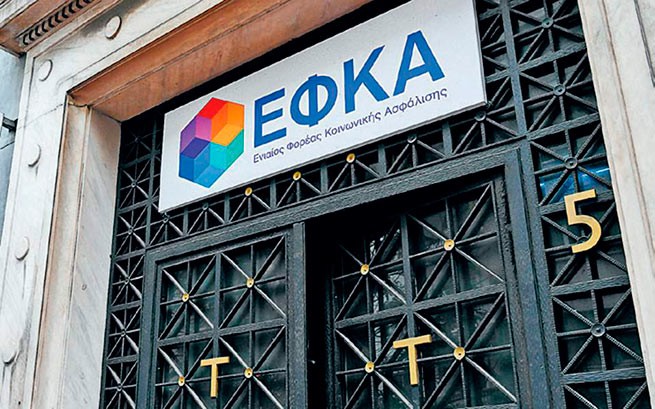


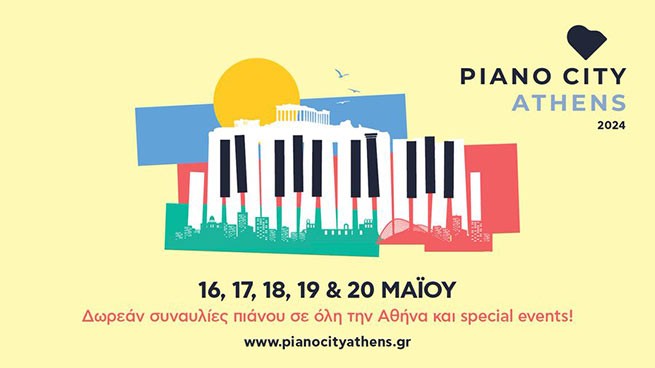
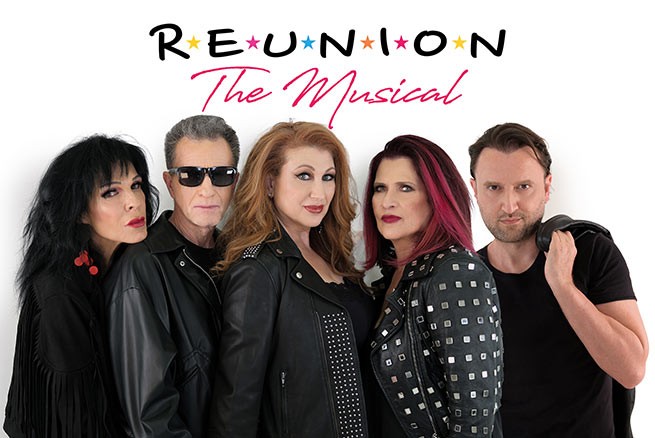
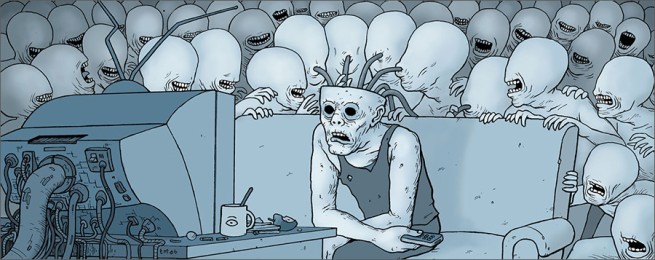

More Stories
Financial Times: Russia is actively preparing sabotage in Europe
Shock: Drag queen will carry the Olympic flame in Paris
Greece consistently ranks last in the EU for media freedom